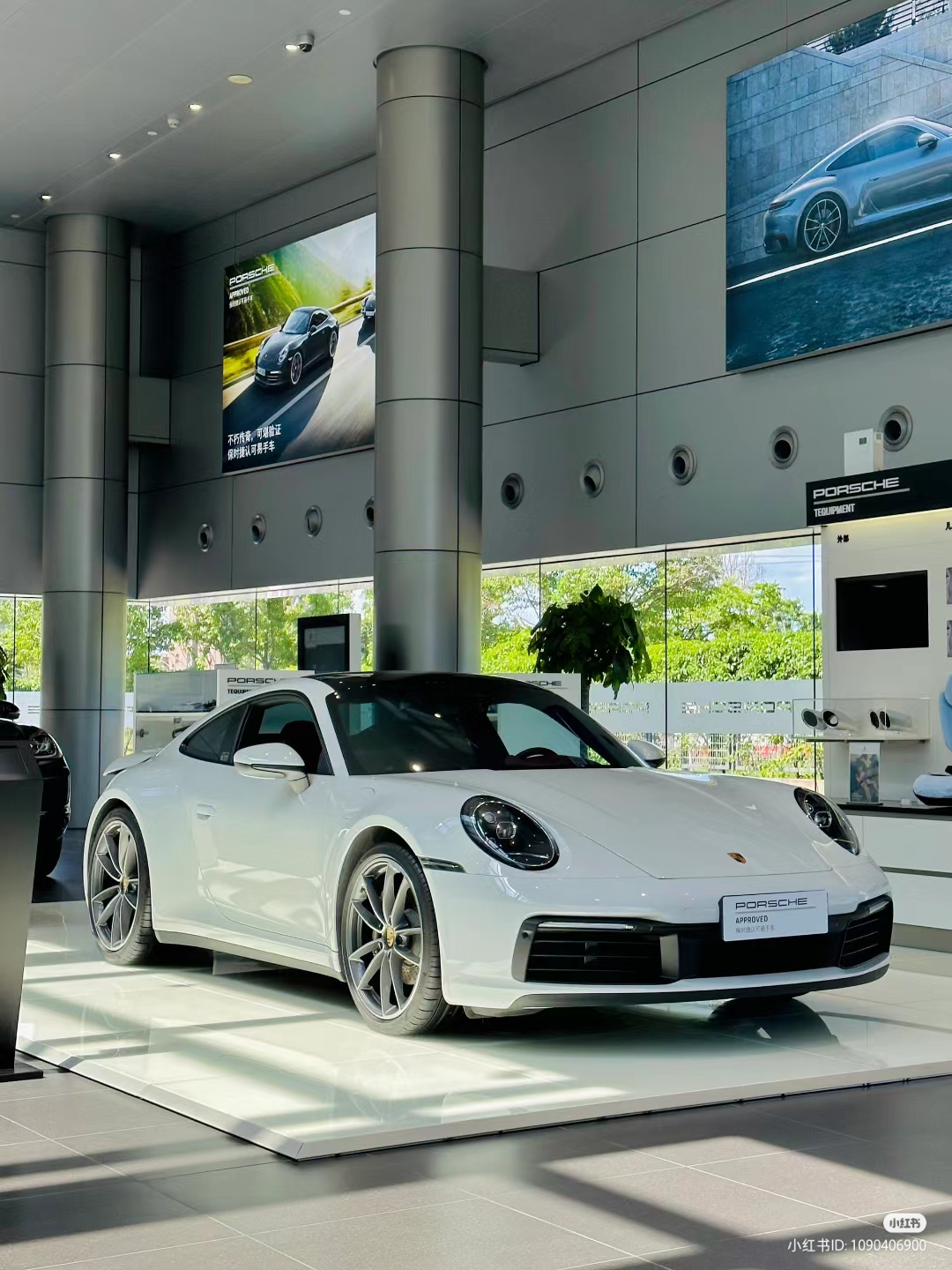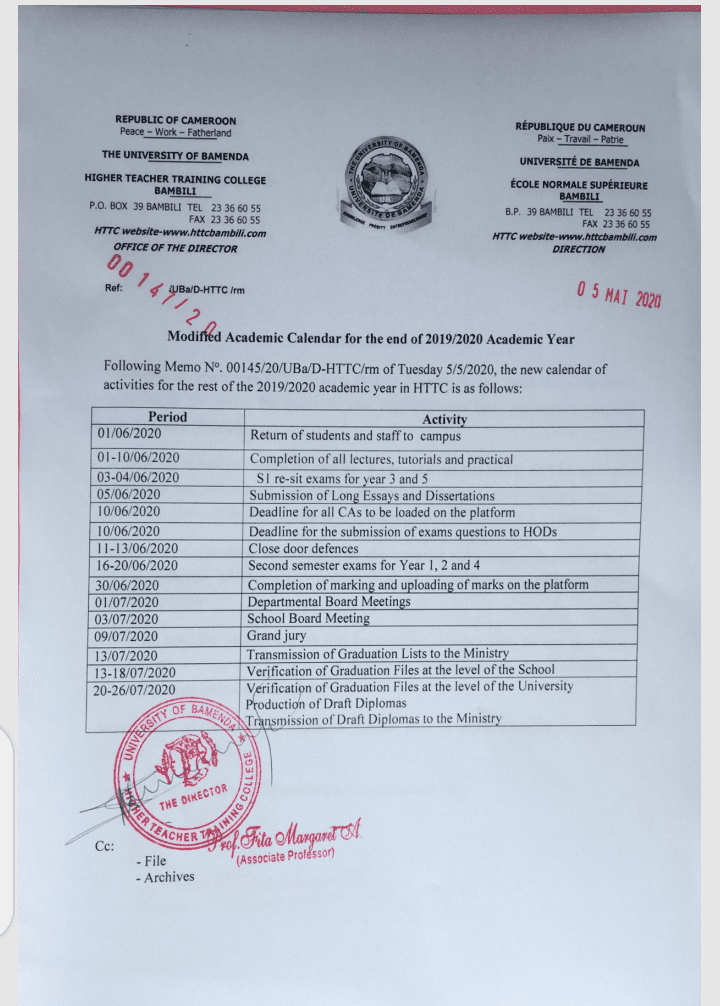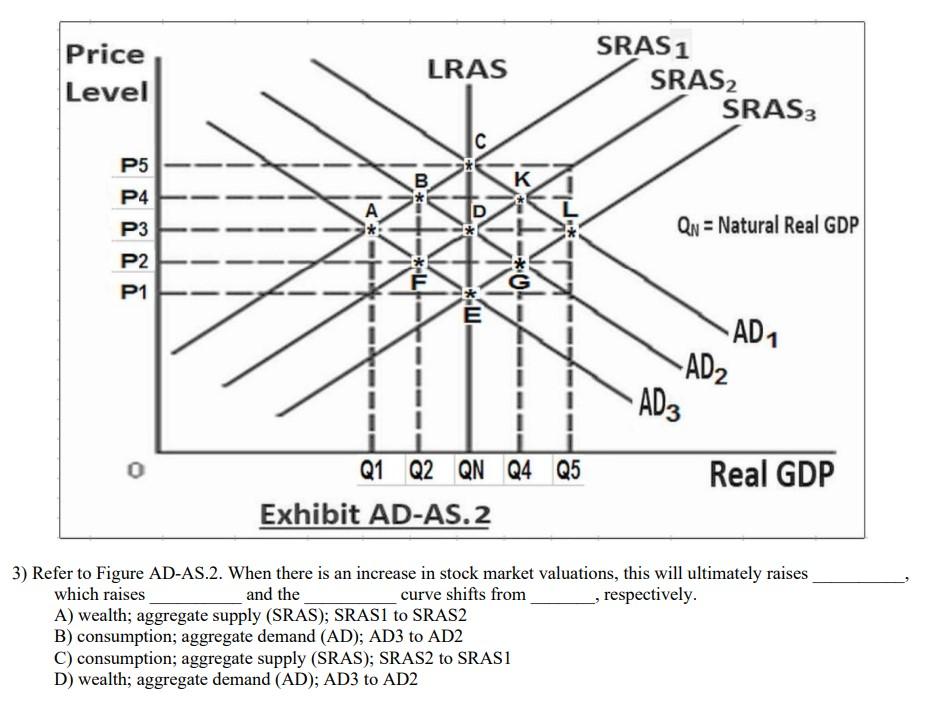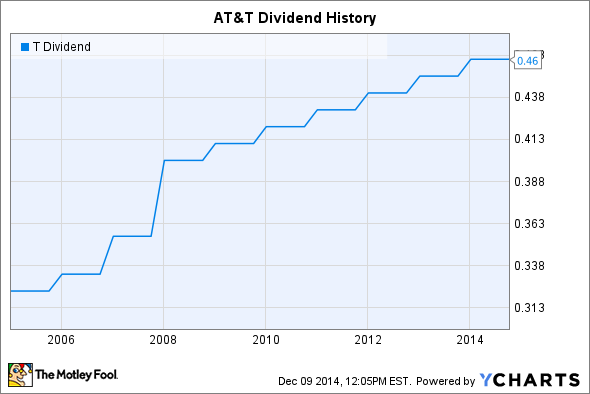BMW, Porsche, And The Complexities Of The Chinese Automotive Market

Table of Contents
The Allure of Luxury Brands in China
The Chinese luxury car market is booming, driven by several key factors. Understanding these is crucial to comprehending BMW and Porsche's success.
Aspirational Value and Status Symbolism
Owning a luxury vehicle in China transcends mere transportation; it's a powerful statement of success and social standing. This aspirational value is a cornerstone of the luxury car market's appeal.
- Strong brand reputation and heritage are key to success. Established brands like BMW and Porsche benefit from decades of cultivating a reputation for quality, performance, and prestige.
- Marketing campaigns often emphasize prestige and exclusivity. These campaigns carefully craft an image of sophistication and desirability, resonating with the aspirations of the target audience.
- Celebrity endorsements and influencer marketing are widely used. Leveraging the influence of well-known figures amplifies brand messaging and enhances perceived value.
Growing Middle Class and Disposable Income
The expansion of China's middle class is a major catalyst for luxury car sales. Increased disposable income translates directly into greater spending power, fueling demand for premium vehicles.
- Increased purchasing power allows consumers to invest in premium vehicles. This shift represents a significant opportunity for luxury brands.
- Shifting consumer preferences towards higher-end models. As affluence rises, so does the desire for more luxurious and technologically advanced cars.
- Growing demand for SUVs and electric vehicles within the luxury segment. These vehicle types are particularly popular among affluent Chinese consumers, representing a significant market segment for brands like BMW and Porsche.
Challenges and Adaptations for BMW and Porsche
Despite the allure of the Chinese market, BMW and Porsche face significant challenges. Adapting to these is crucial for maintaining a competitive edge.
Intense Competition
The Chinese automotive market is fiercely contested, with both domestic and international players vying for market share.
- Competition from established local brands like Geely and BYD. These domestic brands offer competitive pricing and increasingly sophisticated technology.
- The rise of electric vehicle (EV) manufacturers like Nio and Xpeng. These innovative companies are rapidly gaining traction, particularly among younger, tech-savvy consumers.
- Price wars and promotional strategies to attract customers. Competition forces brands to employ aggressive pricing and promotional tactics to secure sales.
Government Regulations and Policies
Navigating China's complex regulatory environment is paramount. Compliance with evolving policies and standards is non-negotiable.
- Compliance with stringent safety and environmental standards. Meeting these standards requires significant investment in research and development.
- Local content requirements and joint venture partnerships. These regulations often necessitate collaboration with local partners to ensure compliance.
- Understanding and adapting to evolving government policies. The regulatory landscape is constantly shifting, requiring brands to remain agile and adaptable.
Tailoring Products and Marketing for the Chinese Market
Successful brands adapt their offerings and marketing to resonate with Chinese consumer preferences.
- Localized features and options tailored to the Chinese market (e.g., air filtration systems). These features cater to specific needs and preferences of the local market.
- Targeted digital marketing campaigns utilizing social media platforms popular in China (e.g., WeChat). Reaching the target audience necessitates leveraging the most effective communication channels.
- Emphasis on features valued by Chinese consumers, such as technological innovation and comfort. Understanding and highlighting these key features is vital for attracting buyers.
The Future of BMW and Porsche in China
The future of luxury car brands in China hinges on adapting to evolving consumer preferences and technological advancements.
Electric Vehicle Strategies
Investment in electric vehicle (EV) technology is no longer optional; it's essential.
- Expanding EV model offerings and charging networks. A comprehensive EV strategy is critical for long-term success.
- Competition with rapidly growing Chinese EV brands. Maintaining a competitive edge requires continuous innovation and investment.
- Government incentives and subsidies for EV adoption. Leveraging these incentives can significantly boost EV sales.
Digitalization and Connected Car Technologies
Embracing digitalization and connected car technologies is crucial for enhancing the customer experience.
- Integration of advanced driver-assistance systems (ADAS). These features are increasingly important to Chinese consumers.
- Development of user-friendly infotainment systems. A seamless and intuitive in-car experience is vital for customer satisfaction.
- Data-driven insights for personalized marketing and customer service. Utilizing data to personalize the customer journey enhances brand loyalty.
Conclusion
The Chinese automotive market presents both substantial opportunities and significant challenges for luxury brands like BMW and Porsche. Success requires a deep understanding of consumer preferences, adept navigation of complex regulatory landscapes, and proactive adaptation to rapid technological advancements. By strategically tailoring their product offerings, marketing campaigns, and technological investments, these brands can continue to thrive. Understanding the nuances of BMW, Porsche, and the complexities of the Chinese automotive market is key. Further research into specific market trends and competitive analysis is encouraged for businesses looking to enter or expand within this crucial sector.

Featured Posts
-
 Chinas Export Dependence Vulnerability To Rising Tariffs
Apr 22, 2025
Chinas Export Dependence Vulnerability To Rising Tariffs
Apr 22, 2025 -
 Fsus Post Shooting Class Resumption Plan A Controversial Decision
Apr 22, 2025
Fsus Post Shooting Class Resumption Plan A Controversial Decision
Apr 22, 2025 -
 Dismissing High Stock Market Valuations Bof As View For Investors
Apr 22, 2025
Dismissing High Stock Market Valuations Bof As View For Investors
Apr 22, 2025 -
 Activision Blizzard Deal Ftc Files Appeal Against Court Ruling
Apr 22, 2025
Activision Blizzard Deal Ftc Files Appeal Against Court Ruling
Apr 22, 2025 -
 Higher Stock Prices Higher Risks What Investors Need To Know
Apr 22, 2025
Higher Stock Prices Higher Risks What Investors Need To Know
Apr 22, 2025
